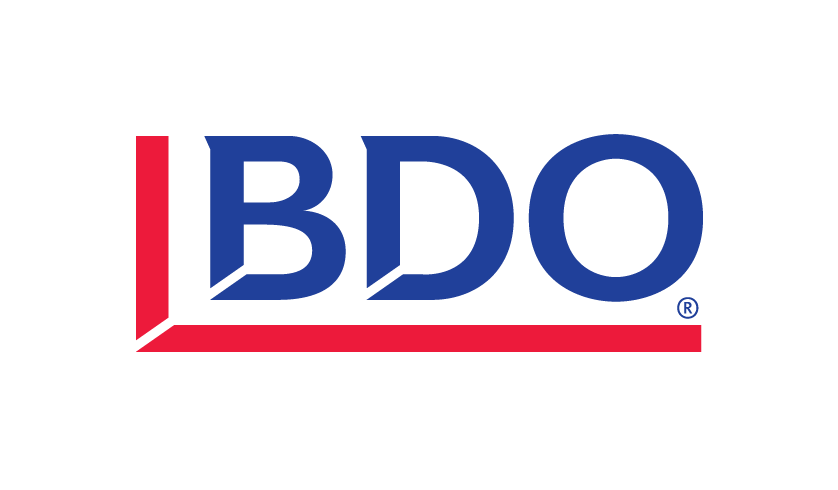So you worked hard in high school and got into a great liberal arts college with a beautiful campus, small class sizes and engaged, informed professors. Awesome. But as graduation draws near and the ill-fated question about your next steps gets asked with an alarmingly higher and higher frequency…what now? You aren’t ready for a world of applications and interviews, commuting, status calls and benefits registration! Religion Studies 201 did NOT prepare you for this. Your capstone research project on gendered communication habits of government officials in Malaysia did NOT prepare you for this. What the heck did you just spend four years of your life and $200,000+ on if you aren’t prepared for the “real” world??
Shhh. It’s okay.
First of all, don’t start hating on your liberal arts background just because you’re freaked out about finding a job. Liberal arts educations are incredibly valuable and enriching. Whether or not you have a clear path set, a quality liberal arts college or university will broaden your perspective, engage you to think critically, and challenge you to ask important questions of the world around you. These are skills and traits that any employer should want to see in an applicant. But how do you get your qualifications across when recruiters and hiring managers have never even heard of your tiny prestigious school? Or worse, what if they have no idea what you studied?
It may be time to beef up your background if you want to ensure your hard work and quality educational background shine in the board room and pay off once you leave campus. Below are a few ideas that have helped me gain street cred with employers and might do the same for you:
Take a few technical courses
I’m not here to tell you that your degree in Anthropology or Art History lacks value in the professional world (that’s your family’s job), but I will advocate for taking a few technical courses on the side if you can. Good companies seek diversity among their employees, but great companies seek diversity from within their employees. What does this mean? In the words of Google X’s Rich DeVaul, “What we want, in a sense, are people who know less and less about more and more.”
So if you have room in your schedule, opt for a more technical class instead of another section of Creative Writing. Try a 100 or 200-level class in Accounting, Economics, or Statistics. Or if you’re really freaked out by numbers, maybe look for a Quantitative Research Methods course or an introductory Marketing course. Your school will probably let you Pass/Fail or audit the class if you’re particularly worried.
If you already have a background in the kind of courses listed above, stretch yourself further! Try Business Calculus, Advanced Statistics, Econometrics, Computer Science, Corporate Finance, Law – anything your school offers that will engage a more analytical and process-driven area of your brain. When you apply for a job, highlight these courses when discussing your education. A hiring manager could very well dismiss your degree in Classics, but might take a second look if they notice you augmented your field of study with more challenging, technical offerings.
Learn a technical skill on your own
What if your college doesn’t even offer the kinds of courses I described above? You may have to take some initiative and develop more marketable skills on your own. The good news? Your options are almost limitless (or in the words of Cady Heron from Mean Girls, “The limit does not exist!”)
Bored over winter break? Get certified in Google AdWords for free! Marketing and Public Relations employers will probably drool. Have some spare time during your summer break or evenings during the school year? Take a technical class at the local community college or vocational school. My college doesn’t offer any advertising courses, so this summer I enrolled at a vocational school and studied Advertising Layout, User Experience Design, and Creative Direction – skills that will directly translate into the kind of work I want to do.
Another great option? MOOCs (Massive Open Online Courses)! Learn anything from personal finance to JavaScript on your own time from some of the best Universities and instructors in the world, often at no cost. You likely won’t receive credit for the courses, but you can most definitely add them to your resume and learn from them in preparation for your chosen profession.
Intern. Intern. Intern.
Get an internship. There really is no better way to augment your education and prove your professional competency than by completing an internship. If you can, try to land a paid internship in your field of interest. With a good internship, you will gain experience with the software, systems, technologies, and processes that (get this), you will actually use after college. There’s nothing more valuable than that.
Numbers and computers and internships and interviews can be scary, I get it. There’s a reason you chose a liberal arts school, after all. So can you still land a job with a liberal arts degree if you don’t follow my advice? Totally. Is there a chance it might be as a retail sales associate or a restaurant server? Possibly. You’re a smart person and you worked incredibly hard during college (sometimes). Make those all-night essay writing sessions and grueling Faulkner readings pay off after graduation. Prove your parents wrong. Show employers that you’re not just a froufrou liberal arts grad. You’ve got some beef, goshdarnit! Now go forth and make Cady Heron proud.





